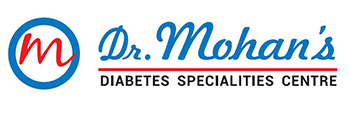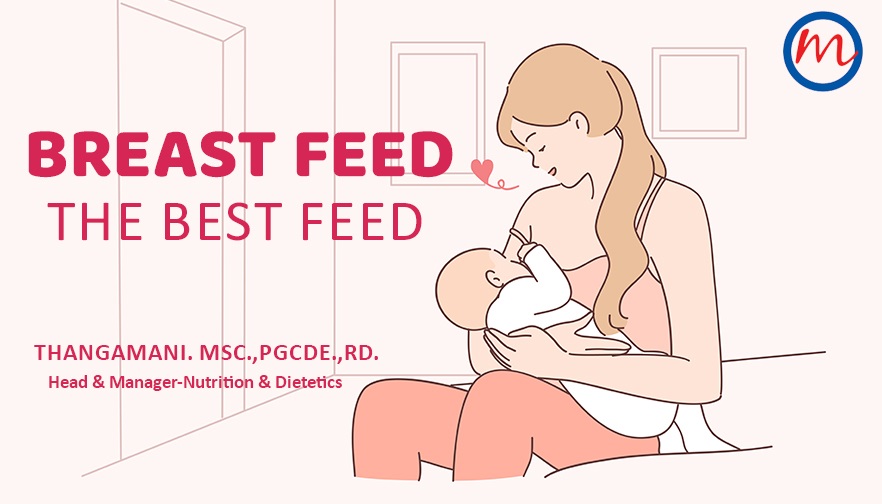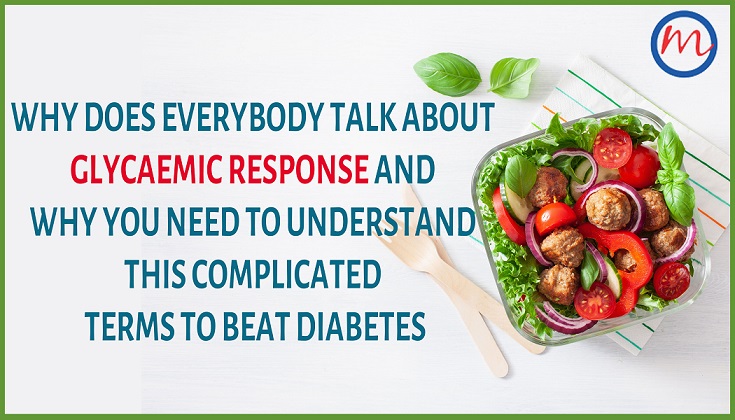A special article on World Breastfeeding Week
The first week of August is celebrated annually as World Breastfeeding Week (WBW). WBW this year falls on the 1st to 7th August and represents a global celebration of breastfeeding efforts including breastfeeding promotion, support, education, research, progressive trends and normalizing breastfeeding as the gold standard of infant nutrition.
World Breastfeeding Week has been observed since 1992 in commemorates the Innocenti Declaration signed in August 1990 by government policymakers, WHO, UNICEF (United Nations International Children’s Emergency Fund) and other organisations to protect, promote and support breastfeeding. This year, the theme for breastfeeding week is ‘Protect Breastfeeding: A Shared Responsibility.’
Optimal breastfeeding is vital to the lifelong good health and wellbeing of women and children.
WHO and UNICEF recommend:
- Early initiation of breastfeeding within 1 hour of birth.
- Exclusive breastfeeding for the first 6 months of life.
- Continued breastfeeding up to 2 years of age or beyond, with introduction of nutritionally adequate and safe complementary (solid) foods at 6 months.
Benefits of Breastfeeding
Breastfeeding is also known as nursing. It is the best way to provide young infants with the essential nutrients required for growth and development. Breast milk is the ideal food for infants. It is safe, clean, and acts as the babies’ first vaccine, protecting them against many common childhood illnesses.
Breast milk also provides all the energy and nutrients that the infant needs for the first months of life, and it continues to provide up to half or more of a child’s nutritional needs during the second half of the first year, and up to one third during the second year of life.
Breastfed children perform better on intelligence tests, are less likely to be overweight or obese and less prone to diabetes later in life. A breastfed baby has lower risk of developing type 1 diabetes and becoming overweight or obese later in life, which is a risk factor for type 2 diabetes. Also they are at less likely to get stomach upset, asthma, eczema, respiratory disease, urine infection, ear infections and other serious health problems.
Breastfeeding can also lower a mother’s risk of type 2 diabetes, high blood pressure, breast cancer, ovarian cancer, osteoporosis and arthritis. It also helps in losing the weight gained during pregnancy and in recovering from childbirth more quickly. Longer the breastfed, more the chances of not developing type 2 diabetes.
Breastfeeding tips
- Breastfeed as soon as possible after delivery
- Maintain healthy weight: Slow weight loss after childbirth helps the body to adapt. Losing half a kg per week is adequate.
- Ensure that all the macro- and micronutrients are provided to mother and baby
- Eat a well-balanced, varied diet with adequate protein
- Include foods rich in antioxidants vitamin D, vitamin A, vitamin E, vitamin C, B12, selenium, and zinc
- Include more fruits and green leafy vegetables which helps to meet the requirements of all the micronutrients mentioned above
- There are some foods and beverages that need to be limited while breastfeeding. Reduce intake of processed foods like fast food and sugary breakfast cereals as much as possible
- Stay hydrated: Drink 2-3 litres of water per day
- Limit dehydrating beverages like tea, coffee, aerated drinks and alcohol.
- Get lots of skin-to-skin contact with your baby and nurse several times a day in the beginning.
- Stay relaxed, and be patient
- Sleep when your baby sleeps.
- Include regular physical activity. Consider adding chest presses, push ups and strength training exercise routine.
- Practise good posture.
- Wean your baby slowly.
For mothers with diabetes
- Have a snack before or during nursing. And keep either a piece of fruit, like a banana, apple, or orange, 1 tablespoon of sugar in water nearby to raise blood sugar quickly if needed
- Be sure to drink plenty of fluids to stay hydrated.
- Check blood sugar levels each time before and after nursing
Covid-19 and Breastfeeding
There has been a lot of misinformation about Covid-19 pandemic and breastfeeding. The World Health Organisation states that “transmission of active Covid-19 through breast milk and breastfeeding has not been detected to date. There is no reason to avoid or stop breastfeeding.”
Additionally, women with confirmed or suspected Covid-19 can breastfeed if they wish to do so by following some precautions. According to WHO, before breastfeeding, a mother should wash their hands for at least 20 seconds with soap and water. In case of unavailability of water, one can use a hand sanitiser with at least 60 per cent alcohol content. Additionally, one should always wear a mask during any contact with the baby, including while feeding.
References
- WHO Collaborative Study Team on the Role of Breastfeeding on the Prevention of Infant Mortality. Effect of breastfeeding on infant and child mortality due to infectious diseases in less developed countries: a pooled analysis.2000; 355: 451-455
- Horta BL,de Mola CL,Victora CG,Long-term consequences of breastfeeding on cholesterol, obesity, systolic blood pressure, and type-2 diabetes: systematic review and meta-analysis.Acta Paediatr Suppl.2015; 104: 30-37
- Aune D, Norat T,Romundstad P,Vatten LJ, Breastfeeding and the maternal risk of type 2 diabetes: a systematic review and dose-response meta-analysis of cohort studies.Nutr Metab Cardiovasc Dis.2014; 24: 107-115




